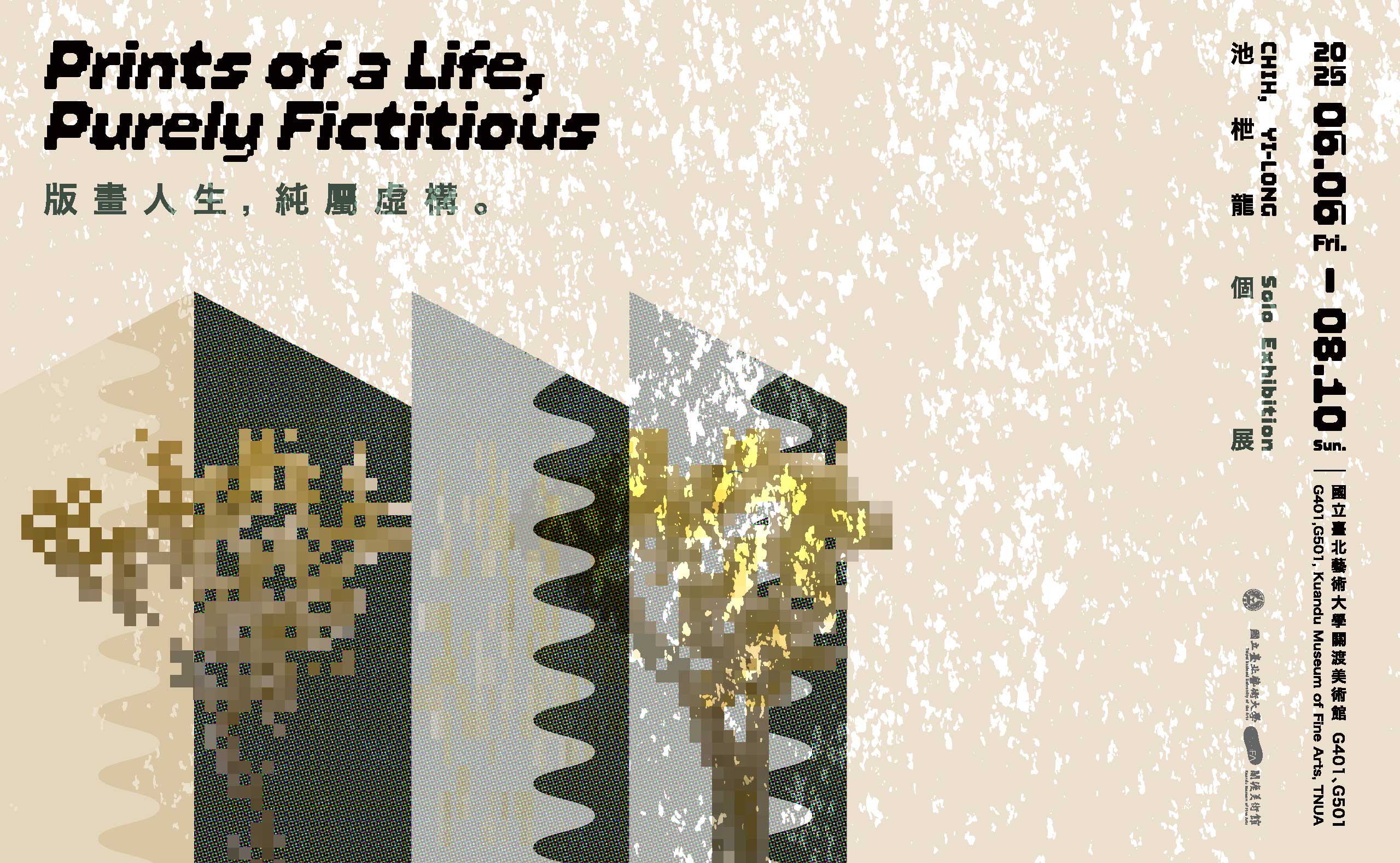Not every trace comes from the same hand. What once felt deeply personal now finds itself read aloud in someone else’s voice, reshaped in the quiet distance of observation. We’ve all been taught how to move forward—how to continue, persist, and progress—yet rarely are we shown how to turn back, to pause, and to read the footprints we’ve left behind. If you stop long enough, time begins to soften its edges. Emotions blur, names lose their weight, and the questions that once kept you awake at night become strangely familiar in the mouths of others.
You find yourself in a room that feels both foreign and oddly intimate. You don’t belong here, and yet the light welcomes you. It allows you to roam freely, to gather fragments of a life that seems at once distant and achingly close, as if you’ve stumbled into someone else’s memories and found traces of your own. As language seeps into the daily necessaries around you, and your fingers begin to move without instruction, you realize that you’re not just reading—you’re being written into the narrative.
This is not a matter of truth or falsehood, not a question of right or wrong. It is the quiet recognition that while you observe, something—or someone—is observing you in return. The world rehearses itself constantly, and we often mistake this repetition for growth, for becoming. But perhaps what we call identity is simply a reprint, a replication of lives already lived, performed again in new disguises.
Some questions remain unanswered not because they are unanswerable, but because the one who first asked them has already forgotten why they were spoken. And if you sit long enough in the right kind of silence, in a corner no one else has noticed, you might come to realize that you, too, were once a character in a story written by hands you’ve never met.
